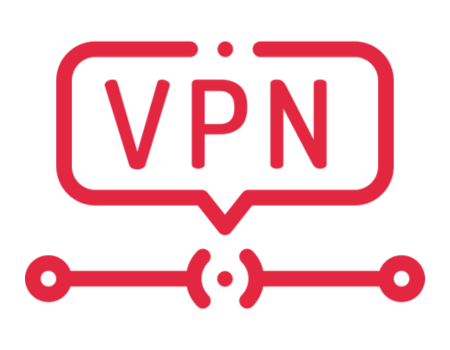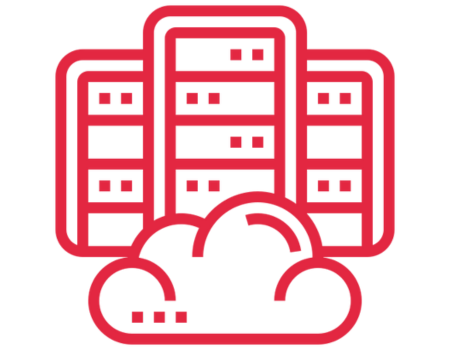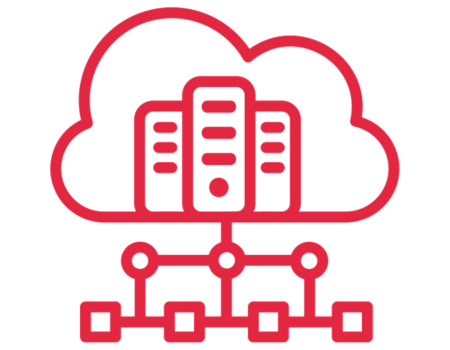Network connectivity solutions
Network connectivity solutions
Network connectivity solutions built for business continuity
Voiped Telecom provides a variety of flexible IP network connectivity solutions. Whether you're looking for a wired or wireless network solution using software-defined networking, Voiped Telecom delivers dynamic and flexible network architecture that centralizes existing voice and Internet connectivity technologies while future-proofing your network.
Hybrid VPN and multi-cloud
As the number of apps and clouds increases, traditional VPN connections are no longer sufficient for employees to manage the volume of data traffic from business applications within a network. At Voiped Telecom, we deliver a combination of MPLS (multi-protocol label switching) and Internet VPN in our hybrid networks, which include both MPLS and Internet lines. MPLS VPN solutions provide not only flexibility and reliability but also multiple monitoring options. This approach enhances performance and control, providing improved connectivity for our clients.


Datacenter and Cloud services
Hybrid cloud solutions improve the efficiency, productivity, and security of your data. Voiped Telecom delivers converged cloud services that help your business optimize connectivity by integrating server storage, network, and virtual resources in a single device. We offer a customized solution that can be monitored and managed from a single console. Our converged infrastructure is powered by a new generation of datacenters that guarantee operational continuity and great responsiveness.
IP Transit
Route data through a high-quality connection that operates under Voiped Telecoms ASN. Our IP transit network is carrier-neutral and enables an optimized degree of availability and diversity in both physical and digital routing. Because IP Transit is characterized by low latency, high capacity, and high scalability, Network Operators and Internet Service Providers benefit from direct connectivity to Europe's leading Internet Exchange Points (IXP) which include DE-CIX, NL-IX, Euro-IX, LINX, and more.


Point-to-Point Interconnection
Point-to-Point Interconnection Point-to-point interconnection provides greater efficiency between networks and allows traffic to be exchanged directly, reducing the use of business bandwidth whilst increasing data transfer. Voiped offers private IP interconnection services for cross-connections to other available ASN networks. Through our alliances with the main European operators and Internet interconnections, Voiped offers a series of hybrid connectivity solutions, specific to the needs of your business.
Simplify the complexity of your business network
- Accelerate business efficiency
- Optimize security
- Reduce complexity
- SLA guarantee
- 24/7 dedicated support

